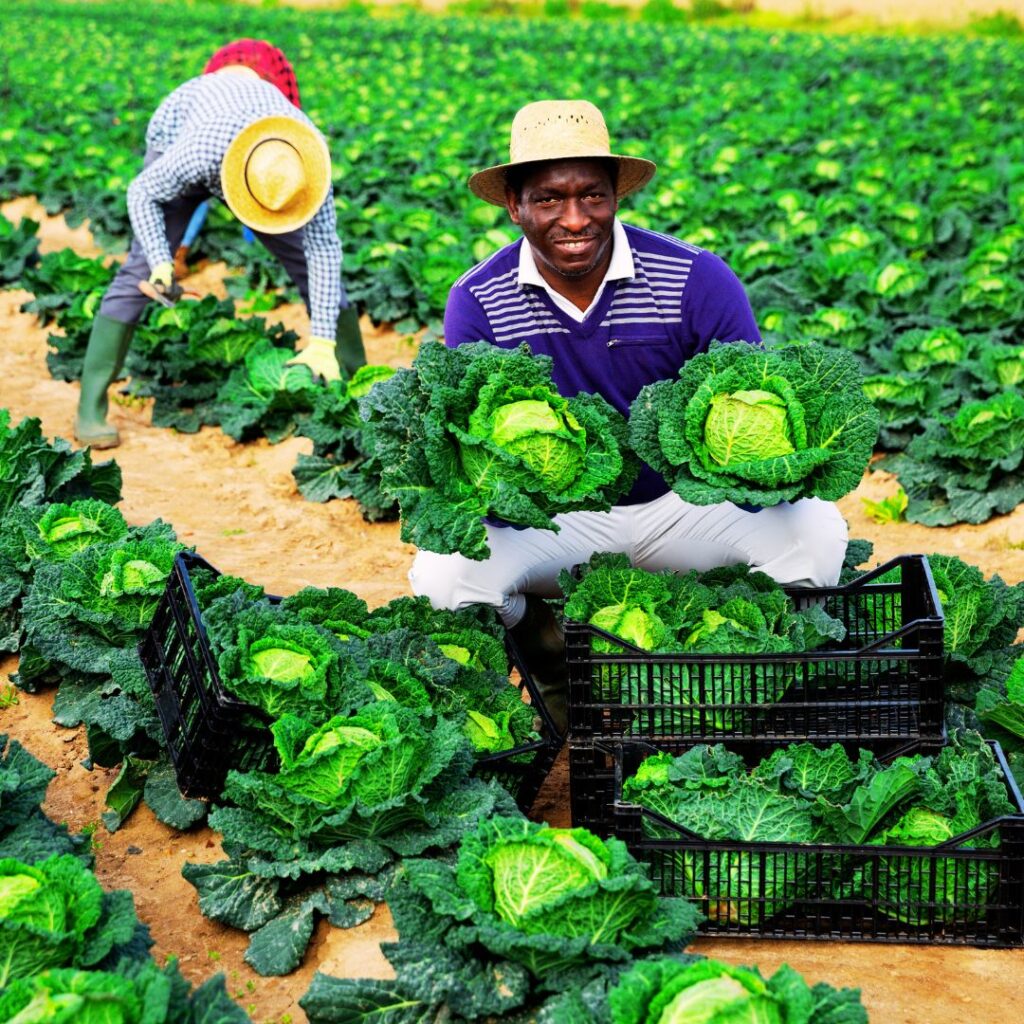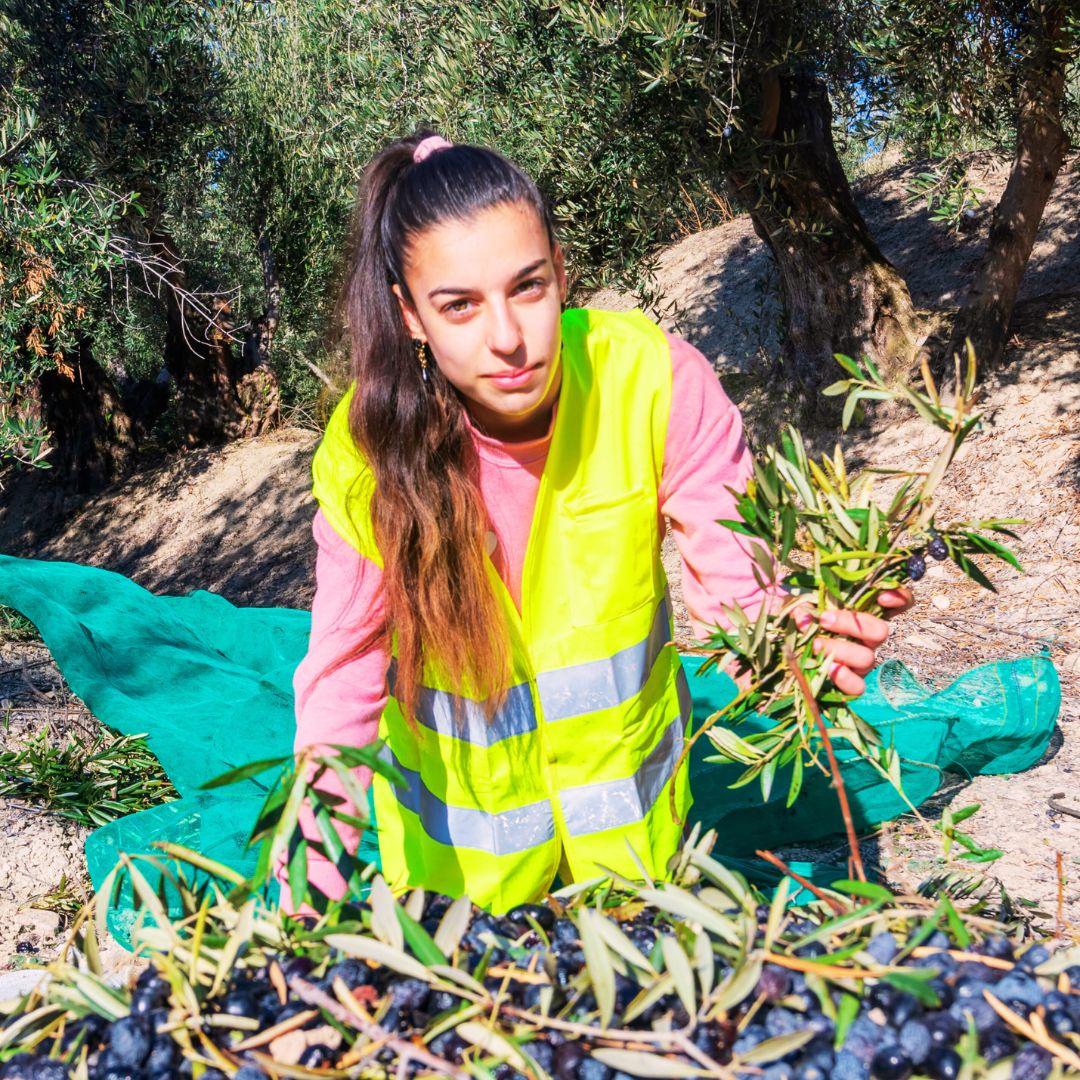$35/hour Farm Worker Jobs in Canada for Foreigners: (Visa Sponsored)
Canada’s agricultural sector plays a vital role in the country’s economy, producing a diverse range of crops, dairy, and livestock products. However, due to labor shortages, Canadian farms increasingly rely on foreign workers to fill essential roles.
Suppose you are interested in moving to Canada to work as a farm laborer. In that case, this comprehensive guide will provide you with all the necessary information, from job types and salaries to visa sponsorship and application processes. Whether you seek seasonal work or a long-term career in agriculture, this guide will equip you with the knowledge to navigate the process successfully.
Why Work as a Farm Worker in Canada?
There are many compelling reasons to pursue farm worker jobs in Canada:
- High Demand for Labor: With thousands of unfilled agricultural positions across the country, employers actively seek foreign workers.
- Visa Sponsorship Opportunities: Through programs like the Temporary Foreign Worker Program (TFWP) and Seasonal Agricultural Worker Program (SAWP), foreign laborers receive legal work authorization.
- Pathway to Permanent Residency: Canada offers immigration programs such as the Agri-Food Immigration Pilot, which allows eligible workers to transition to permanent residency.
- Fair Wages and Benefits: Farm workers in Canada earn competitive salaries, often with additional benefits such as free housing and health coverage.
- Cultural Diversity: Working on a Canadian farm provides the opportunity to engage with different cultures and gain international work experience.
Types of Farm Worker Jobs Available
The agricultural sector in Canada offers diverse roles to suit different skill levels and interests. Common farm worker jobs include:
- Fruit & Vegetable Picker: Harvesting seasonal crops such as apples, strawberries, tomatoes, and berries.
- Dairy Farm Worker: Milking cows, feeding livestock, cleaning stalls, and maintaining dairy equipment.
- Poultry Farm Worker: Managing chickens, egg collection, farm maintenance, and ensuring animal welfare.
- Greenhouse Worker: Cultivating flowers, vegetables, and plants in temperature-controlled environments.
- General Farm Laborer: Performing various agricultural tasks such as irrigation, planting, fertilization, and machinery operation.
- Cattle Ranch Worker: Assisting in livestock management, feeding animals, and maintaining barns and pastures.
- Farm Equipment Operator: Driving tractors, plows, and other agricultural machinery for large-scale farming operations.
Related: (CAD 45,000 Per Year) Housekeeping Jobs in Canada for Foreigners With Visa Sponsorship 2025
Salary Expectations & Benefits
Salaries for farm workers in Canada vary depending on the province, employer, and job type. On average, farm workers earn between $15 and $35 per hour, with experienced workers earning even more. In addition to wages, many farm jobs offer the following benefits:
- Subsidized or Free Accommodation: Many employers provide housing to workers, reducing living expenses.
- Overtime Pay: Extra compensation for working beyond standard hours.
- Health Insurance: Some programs include free healthcare coverage for workers.
- Transportation Assistance: Some employers arrange travel to and from Canada.
- Opportunity for Career Growth: With experience, workers can advance to supervisory roles or apply for permanent residency programs.
Visa Sponsorship & Work Permits
Foreigners looking to work as farm laborers in Canada must obtain a work permit through an employer-sponsored visa. The most common programs include:
1. Temporary Foreign Worker Program (TFWP)
- Employers must obtain a Labour Market Impact Assessment (LMIA) to prove the need for foreign labor.
- Workers receive a work permit tied to a specific employer.
- Valid for a fixed period, typically up to two years.
2. Seasonal Agricultural Worker Program (SAWP)
- Available to workers from Mexico and select Caribbean countries.
- Jobs last up to 8 months per year, often during peak harvest seasons.
- Workers may return annually if they meet program requirements.
3. Agri-Food Immigration Pilot
- A pathway to permanent residency for farm workers in designated agricultural sectors.
- Requires at least 1 year of Canadian work experience in farming.
- Candidates must meet language and educational criteria.
Eligibility & Requirements
To qualify for farm work in Canada, applicants must meet the following criteria:
- Physical Fitness: Agricultural jobs require stamina, as work involves lifting, bending, and standing for long hours.
- Basic Language Skills: A fundamental understanding of English or French is necessary to follow instructions and communicate with employers.
- Work Experience (Preferred but Not Required): Previous experience in farming or related fields can improve job prospects.
- Valid Job Offer from a Canadian Employer: Most visa sponsorship programs require an employment contract.
- Medical and Background Checks: Workers must pass health and security screenings before obtaining a work permit.
How to Apply for Farm Worker Jobs in Canada
Step 1: Search for Job Openings
Find farm worker jobs on reputable job boards such as:
- Job Bank Canada (https://www.jobbank.gc.ca/)
- AgriJobs Canada
- Indeed Canada
Step 2: Submit Applications
- Create a resume that highlights physical fitness, teamwork, and any prior farm experience.
- Apply to multiple employers to increase hiring chances.
Step 3: Secure a Job Offer & LMIA
- Once an employer selects you, they must apply for an LMIA, confirming the need for foreign labor.
- The approved LMIA allows you to apply for a work permit.
Step 4: Apply for a Work Permit
- Submit your work permit application through Immigration, Refugees and Citizenship Canada (IRCC).
- Provide required documents, including your job offer and LMIA approval.
Step 5: Travel to Canada & Begin Work
- Upon visa approval, arrange travel to Canada.
- Attend employer orientation and start your farm job.
Top Provinces Hiring Farm Workers

Some provinces have a higher demand for farm labor due to large agricultural industries:
- Ontario: Major producer of fruits, vegetables, and dairy.
- British Columbia: Known for vineyards, berry farms, and greenhouses.
- Alberta: Specializes in beef production and grain farming.
- Saskatchewan & Manitoba: Home to large-scale wheat and canola farms.
- Quebec: Produces dairy products, apples, and maple syrup.
Challenges & Realities of Farm Work
Although farm jobs in Canada offer numerous benefits, they also come with challenges:
- Physically Demanding Work: Long hours, heavy lifting, and repetitive motions.
- Extreme Weather Conditions: Cold winters and hot summers may be difficult to adapt to.
- Rural Living: Many farms are located in remote areas with limited amenities.
- Seasonal Employment: Some jobs are temporary and may not guarantee year-round work.
Tips for a Successful Application
- Prepare a Strong Resume: Highlight farm-related skills and prior experience.
- Apply Early: Seasonal positions fill up quickly, so plan ahead.
- Be Honest About Your Abilities: Employers value reliability and work ethic over exaggeration.
- Stay Updated on Immigration Rules: Check government websites for visa policy changes.
Conclusion & Final Thoughts
Canada provides an excellent opportunity for foreign farm workers, offering steady employment, visa sponsorship, and pathways to permanent residency. Begin your application process today and take the first step towards a rewarding experience in Canada’s thriving farming industry!






